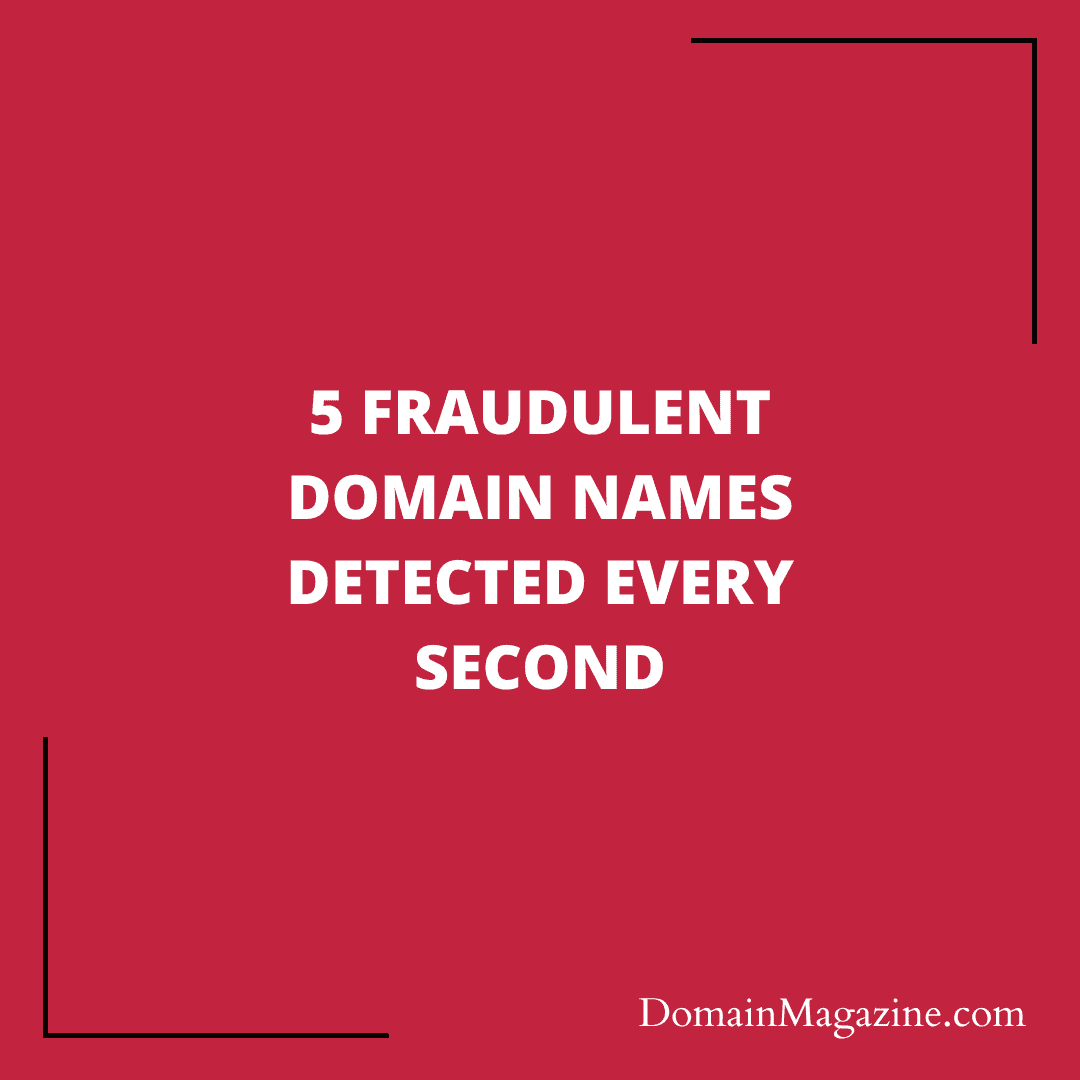Fraudulent domain names are a nuisance every IT personal faces. However, do you have any idea about the total number of all fraudulent domain names? A report by Akamai claims the number to be at 79 million!
The report states that Akamai processed 13 million fraudulent domain names every month in the first half of 2022. This turns out to be close to 5 fraudulent domain names per second!
Akamai was able to detect a number of fraudulent domain names that escaped the traps of other cyber security platforms. The reason behind this is Akamai’s unique technique of looking for domain generation algorithms (DGA) patterns in a bunch of domain names.
When a fraudster attempts to target a particular brand. They create a network of domain names and attack the concerned brand. However, in order to avoid predictability and detection they don’t choose the domain name themselves, but use different algorithms to do so.
Akamai has a collection of several algorithms used in these activities. When fraudulent domain names are detected, they are checked against these algorithms and then a decision is made about their genuineness. The company has a very high success rate of 99.99958% on over 79 million domain names.
However, the huge number of fraudulent domain names is shocking as well as fear inducing. Some time ago we had reported that the internet has 351.5 million domain names. The current report states 79 million fraud domain names. This means that more than 20%, or 1 in every 5 domain names, is fraudulent.


Join the Discussion